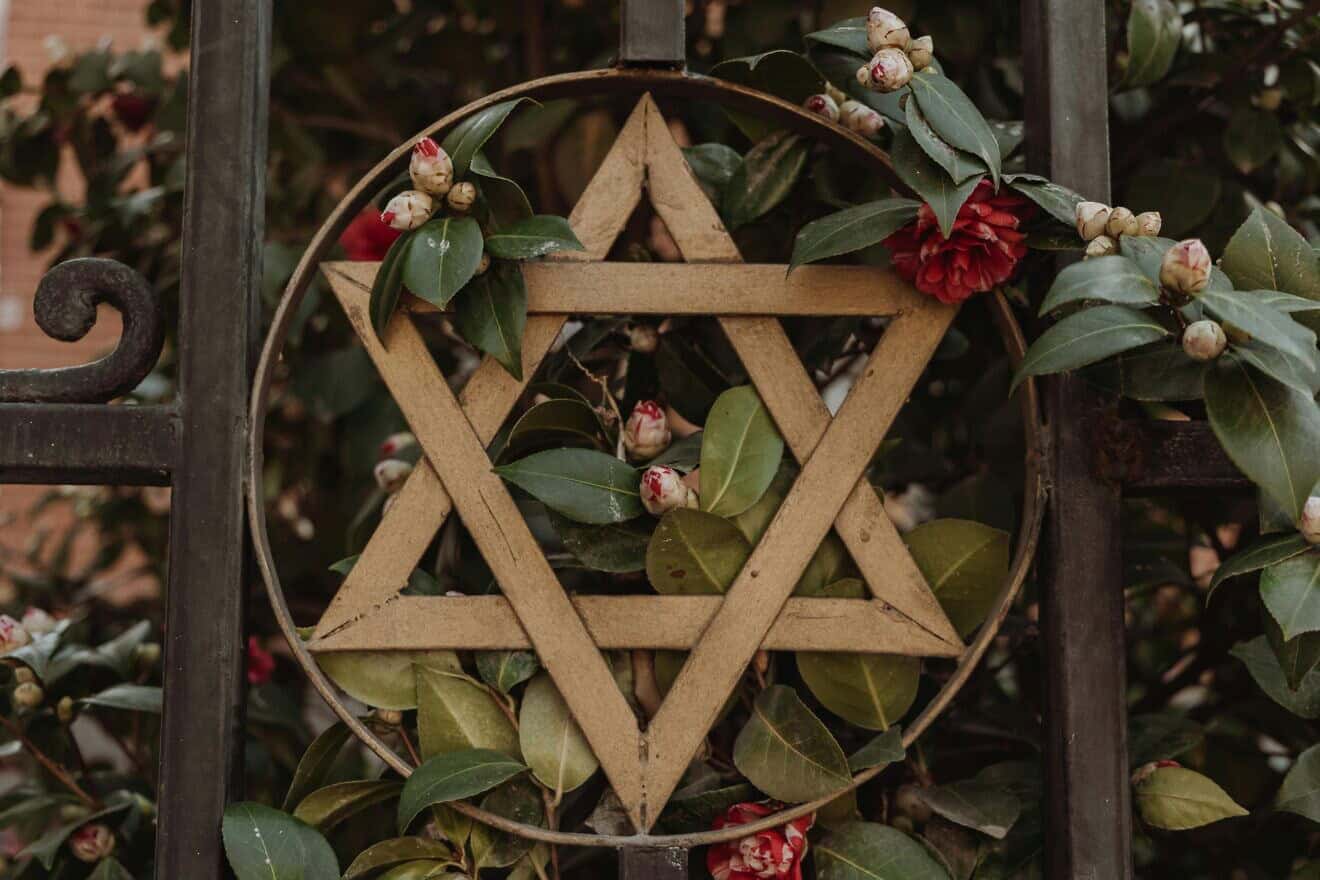This year’s arc of holidays extending from Rosh Hashanah to Yom Kippur, and finally, to Simchat Torah—the one-year anniversary of Oct. 7 on the Jewish calendar—is laden with tears. How can we approach God in prayer when our souls are suffused with the unspeakable anguish of Israel’s war?
The first step may be to see the prayer experience as a means to lament with the liturgical words stirring personal heartfelt feelings.
Consider, for example, the verse from Jeremiah, read on Rosh Hashanah: “A voice is heard in Ramah, Rachel weeps for her children.” Scholars wonder, where is Ramah? Listening to Rachel Goldberg-Polin’s eulogy for her son, 23-year-old Hersh Goldberg-Polin, held hostage for more than 300 days before being murdered in Gaza, the answer and relevance of Ramah became clear. Lifting her voice, higher and higher, she closed by calling out, “And dear Hersh, finally, finally, finally, finally, you are free.” Ramah—from the word le’harim, to lift—became a description of Rachel’s voice, soaring heavenward, above, beyond.
And on Yom Kippur, when we recite the final U’netaneh Tokef and ask, “How many will pass and how many will be born,” our souls may be moved by the image of too many fallen soldiers who left behind pregnant wives, never getting the opportunity to see their children born.
The emotion of lament morphs into confession on Simchat Torah—the holiday of circles—as we dance, celebrating the completion of the Torah cycle. But perhaps this year the dancing should begin with self-reflection.
Unlike straight lines, in a circle, no one is first, second or last. From that prism, circles represent an embrace, a symbolic hug. And so, we ought to ask ourselves that with all our differences, have we done enough to make sure that we are encircled—not divided but together as one peoplehood? There is always more to be done to achieve this noble goal of unity.
The second step is to pray holding the emotion of love. This year has not only been a dark year but a remarkable year—one in which love has burst through from every corner of our nation. Perhaps, then it would be appropriate to find a place during each service to systematically think of all the love reflected this year.
Here are some examples:
Al Ha’Ahava: For the overflowing love we shared by speaking out with Jewish conscience against spiraling antisemitism, by wearing our kippot, stars and chais, proud of our Jewish identity despite threats and intimidation.
V’Al Ha’Ahava: And for the overflowing love we shared by demanding freedom for the hostages, posting their pictures, displaying day after day the count of their captivity in our synagogues and schools, on our shirts, on our streets, in our souls.
Al Ha’Ahava: For the boundless love shown by Israelis as reservists in their 20s, 30s, 40s, 50s, 60s and even 70s, who dropped everything to return to their units—leaving their homes, their families, their work for days, weeks and months.
Ve’Al Ha’Ahava: And for the boundless love all Israelis showed by enlisting, each in their own way: some by wearing the green fatigues of the IDF, others stepping up whenever and wherever they were needed.
Much like Alon, a jewelry-maker who lost his son, Adir, in battle. In the midst of his mourning, he announced that he would gift diamond rings to IDF soldiers marrying—to this date distributing more than 100 of them. In his words, “Adir won’t build a home in Israel, but because of him, a lot of people will.”
And prayer is also the time to make space and level with God, sharing our deepest feelings, even feelings of disappointment. As my son, Dov Weiss, posits in his book Pious Irreverence, a study about the theology of protest: “Expressing upset with God is not a sign of disrespect but of love.” In true love, lover and beloved feel open enough to share feelings, even critiques, not concerned that they will be judged or mocked. So, too, in our relationship with God, as the rabbis proclaim, “there is no love without rebuke.”
Hopefully, rather than move us further apart, our open conversations with God will draw us closer perhaps, just perhaps, allowing us to perceive the Divine in places where God seems hidden, even “in the hidden of the hiddenness.” The rabbis said it lovingly: Shchinah Ba’Golah—“the Omnipresence is in the exile.”
Humble suggestions: lament, love, level.
All with the prayer of:
“Please O Lord, God of overflowing love,
have mercy on us, help us,
spread over us Your canopy of peace.”
So may it be—ken yehi ratzon.High


























